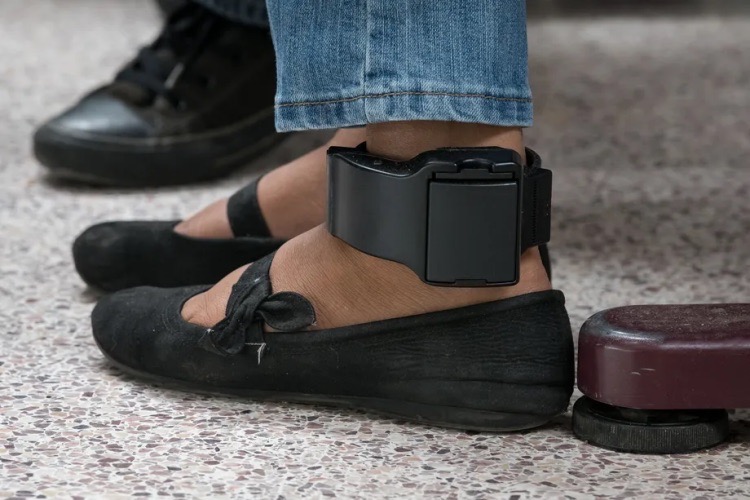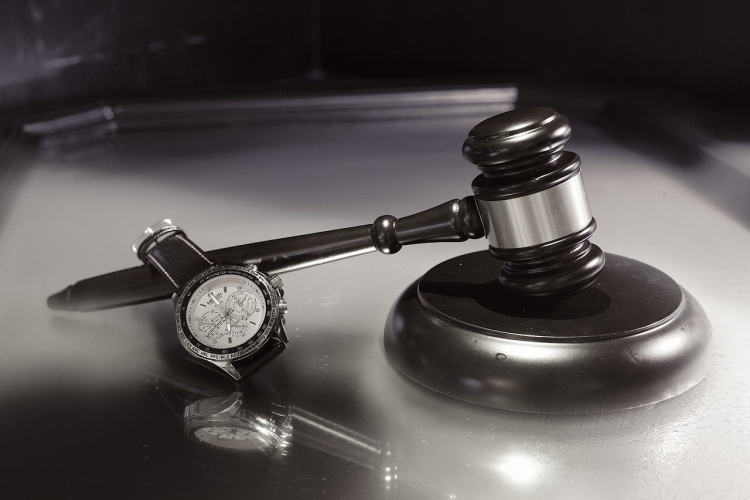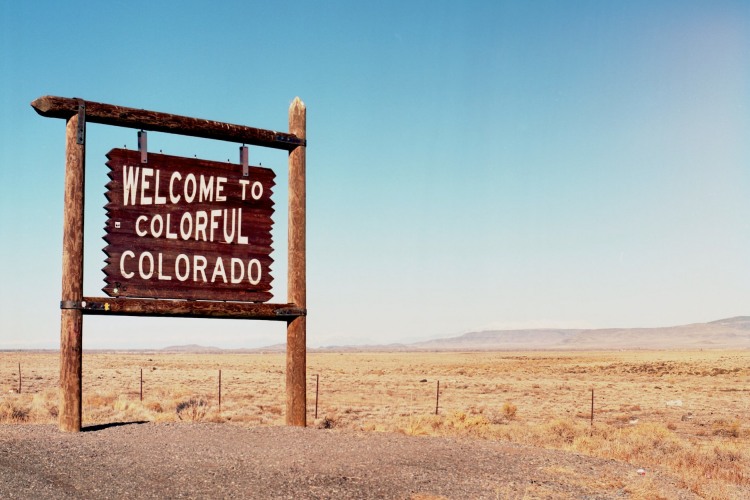
Like the bail bond agent, the public defender is an integral part of the criminal justice system in America. A public defender is appointed by the court to those individuals accused of crimes who are not able to afford private legal representation. This right to counsel was established by the 6th amendment to the constitution, but it only applies to criminal cases, not civil cases or cases where there is no possibility of imprisonment. Despite the important work that public defenders do there are definitely advantages and disadvantages associated with opting for a public defender in Adams County, or anywhere else for that matter. Read on to learn about some of those pros and cons.
The Public Defender: Godsend or Mixed Blessing?
As a professional bail bond company we have seen just about everything as it relates to crime and the criminal justice system. One thing we encounter all the time are defendants who can’t afford to hire an expensive attorney of their own and instead fall back on the public defender. But is this always a good idea? Even for those of limited financial means?
Let’s look at the pros and cons of using a public defender.
Pros of Public Defenders
#1: The price
This is the reason most people opt for a public defender. A decent criminal defense attorney will cost anywhere from $100 – $500 per hour. That is well out of the financial reach of many people. As a result, they have 2 choices: either defend themselves or go with the public defender.
#2: Public defenders understand how the system works
The American judicial system has rules in place governing the presentation of evidence and other aspects of court proceedings. Overlooking any of them could result in a conviction, even if the person is innocent. The public defender understands how things work inside a courtroom.
#3: They’re experienced
Public defenders are typically busy people. Most of them represent many individuals in many different types of cases and gain a boatload of experience along the way. All that experience means that when they are appointed to your case they can hit the ground running.
#4: They’re motivated
Most public defenders are passionate about the law and about making sure the people they represent get a fair shake. Like the bail bond agent, they often endure negative feedback from people who don’t understand the important work they do. Yet they continue to do it because they believe in it.
#5: They often specialize
In order to ensure they’re providing their clients with the best possible defense, public defenders sometimes specialize in a particular area of law such as DUI, domestic violence cases, or gun-related crimes. Because it’s all they do, and because they do it a lot, they are always up to date on the latest rulings and other developments that could affect your case.
Now let’s look at some of the disadvantages of working with a public defender.
Cons of Public Defenders
#1: Their workload can be overwhelming
A public defender may be representing dozens of people at the same time, jumping from courtroom to courtroom and jail to jail. Most will still be able to maintain a reasonable grip on the particulars of each case, and to be fair most public defenders have pretty good records. Nonetheless, being so overworked opens the door to possible oversights or errors.
#2: You’re probably not going to get personal service
If you’re paying someone $500 an hour you have reason to expect they’ll devote themselves to your case body and soul. On the other hand, if your public defender is jumping from case to case you shouldn’t expect you’ll get much more than a “hello” at the start and a “good luck” at the end of the court proceeding.
#3: They won’t be able to mount a robust defense
By “robust” we mean they likely won’t have the resources to hire their own investigator to look into the alleged crime. Instead, they’ll often rely solely on the results of the police investigation. But if that investigation was conducted in a haphazard fashion the results may be of little use when it comes to bolstering your defense.
#4: You don’t get to choose your public defender
This could easily be the #1 disadvantage of working with a public defender. Working with lawyers is not like working with a bonding company. You don’t have to work shoulder-to-shoulder in court with the bail agent. You do with your attorney. If you have the financial means you can pick and choose a defense attorney you feel comfortable with. With a public defender, you get what you get. Which means your personalities may clash from the moment you meet.
#5: Your “free” attorney may not be free
Say what? It’s true. The public defender you thought was going to represent you for nothing may in fact come with a price tag attached. Here’s why. When a defendant opts for a public defender one is not automatically appointed. Instead, the defendant’s finances are examined to see if they are genuinely unable to pay. If the court decides you are not in dire financial need you may either be turned down or you may have to pay part of the cost of the public defender.
Contact Urban Bail Bonds
We hope you found the above information useful. And remember, if you’re in need of 24-hour bail bonds in Broomfield County call Urban Bail Bonds at (303) 736-2275.








